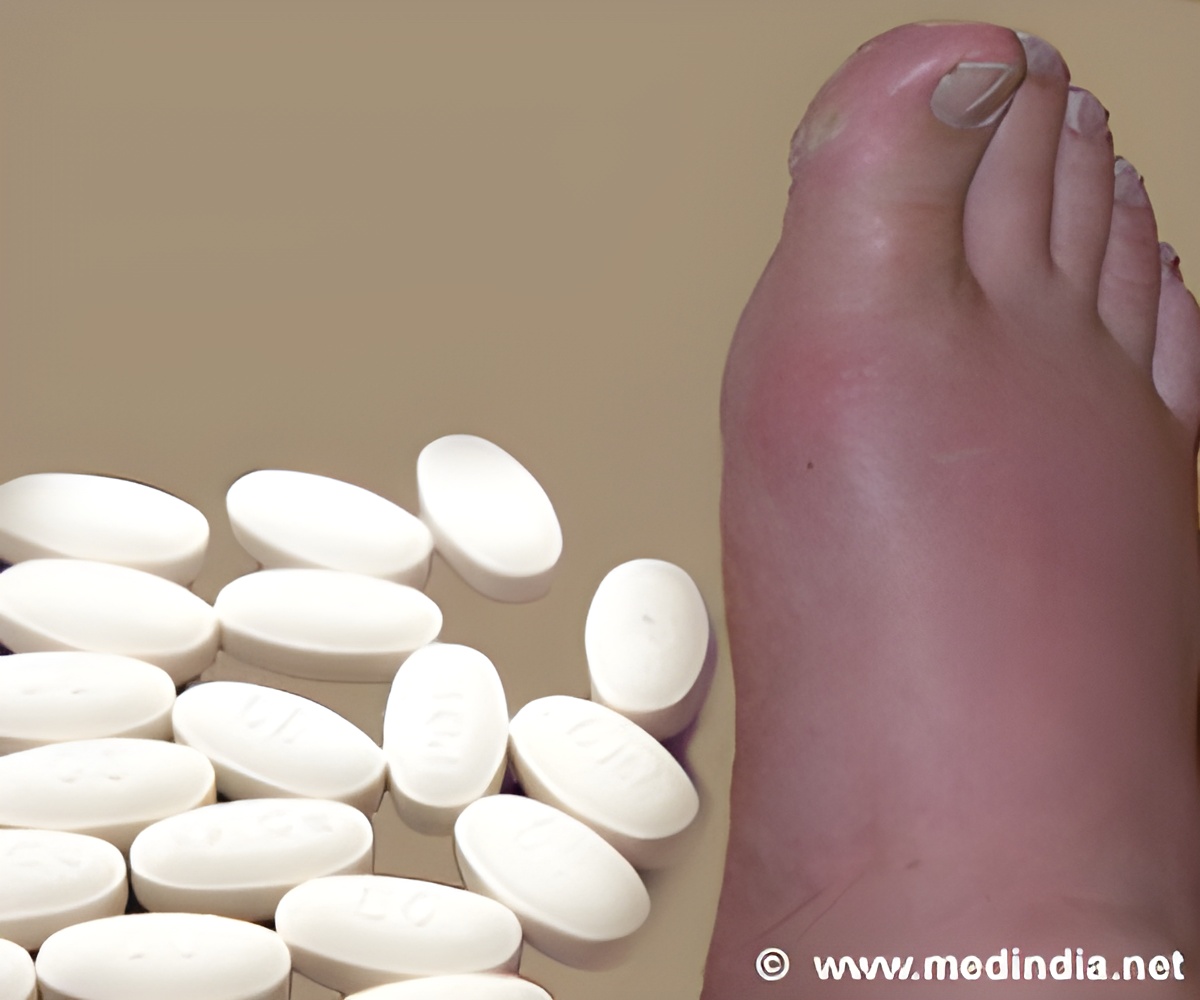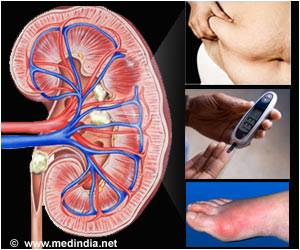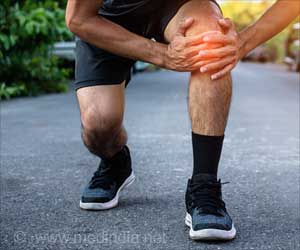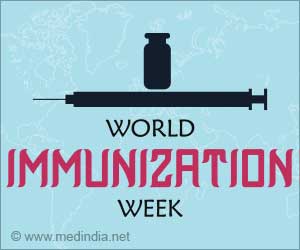
Gout is caused by a buildup of uric acid around joints, typically the big toe, knee or ankles. The immune system revs up to attack uric acid salt crystals, and this immune response causes painful inflammation.
The innate immune response is mainly activated by calcium that enters a macrophage immune cell through an opening called the calcium channel. There are several types of calcium channels. Researchers found that a particular type of calcium channel, called TRPM2, is responsible for initiating the immune response. (TRPM2 stands for transient receptor potential melastatin 2.)
In lab mice, study collaborators from Japan knocked out a gene that is responsible for this calcium channel. Qiao's team then exposed these "knockout" mice and a comparison group of normal mice to uric acid salt crystals and to a liposome, a compound that also causes inflammation. They found that inflammation was significantly lower in the knockout mice that lacked the TRPM2 calcium channel. They therefore concluded that disabling the TRPM2 calcium channel could be key to reducing painful inflammation from gout.
The next step will be to design a compound that would block the TRPM2 calcium channel, and then test how well this compound reduces inflammation in an animal model.
The study's findings might also apply to Alzheimer's disease and arteriosclerosis (hardening of the arteries). These two diseases, like gout, have been linked to inflammation. And it is possible that the TRPM2 calcium channel may be key to initiating the inflammatory response in these two diseases as well. But this has not been proven yet, Qiao said.
Advertisement
Liposomes with a neutral charge did not stimulate the immune system.
Advertisement
Source-Eurekalert










